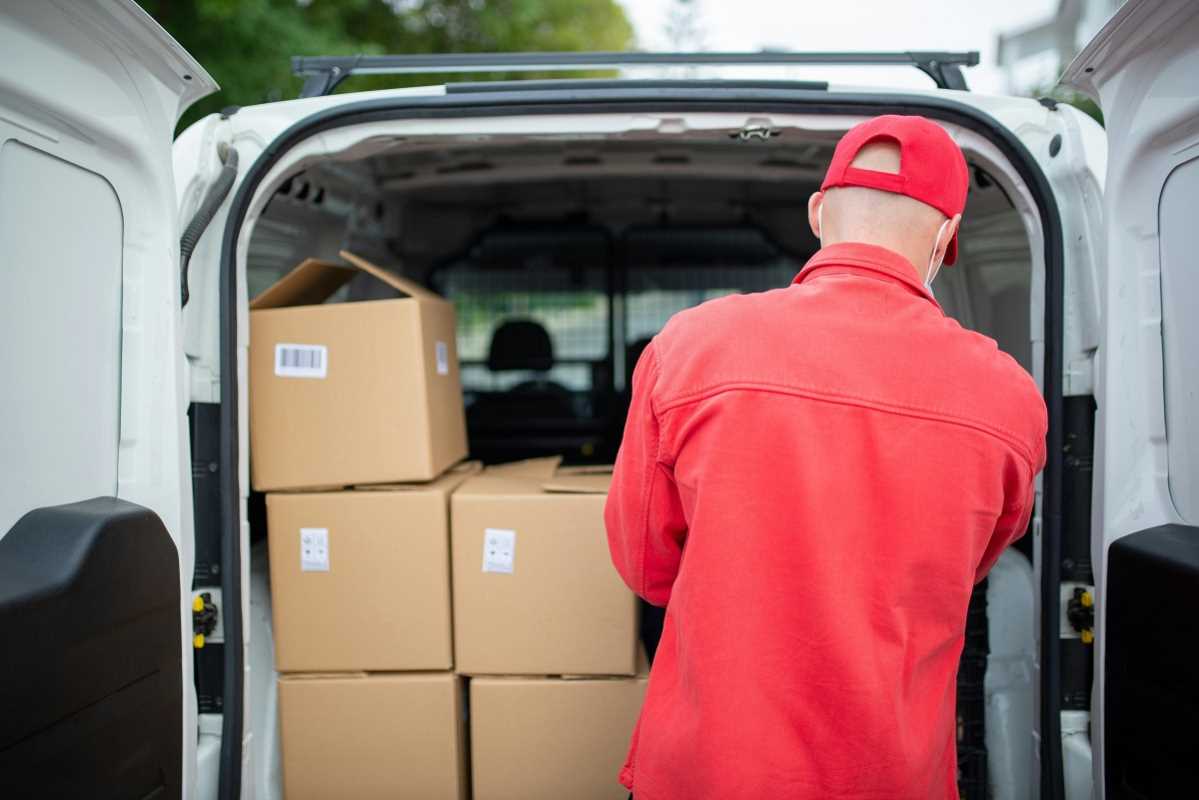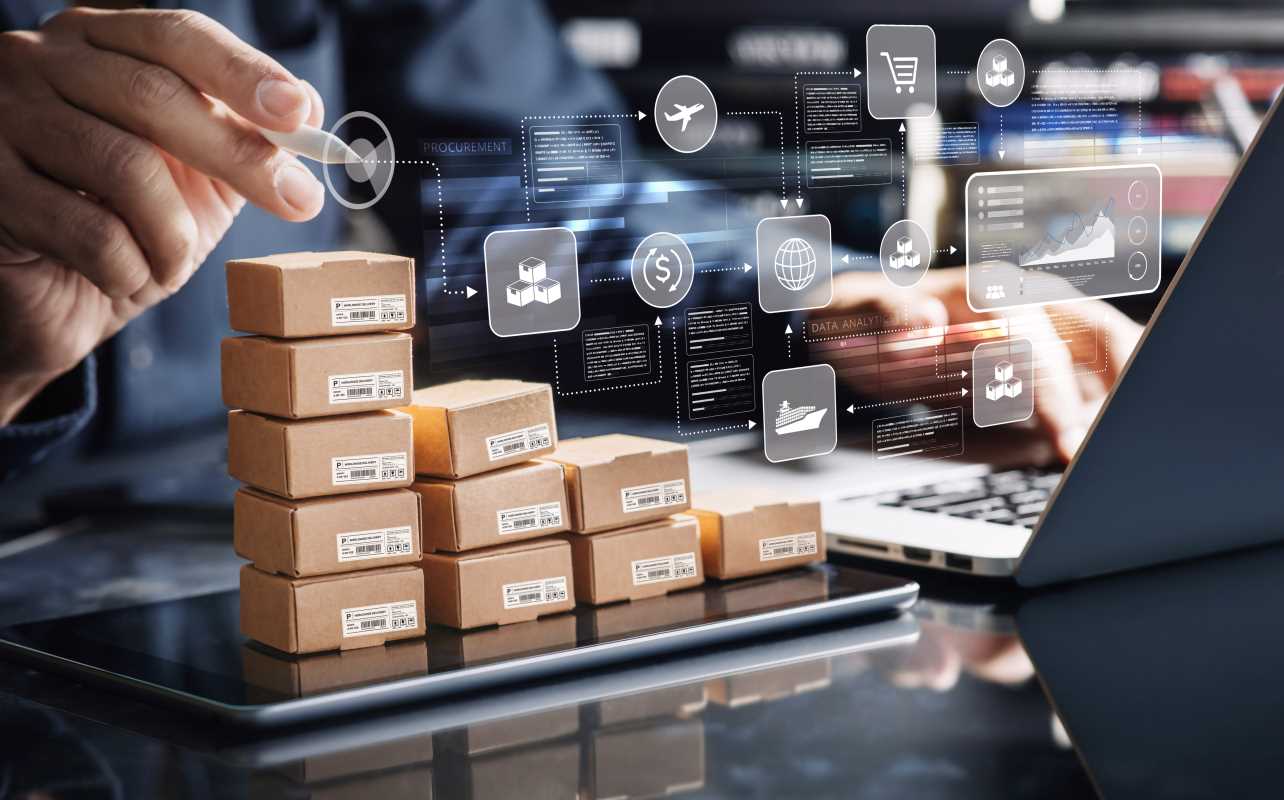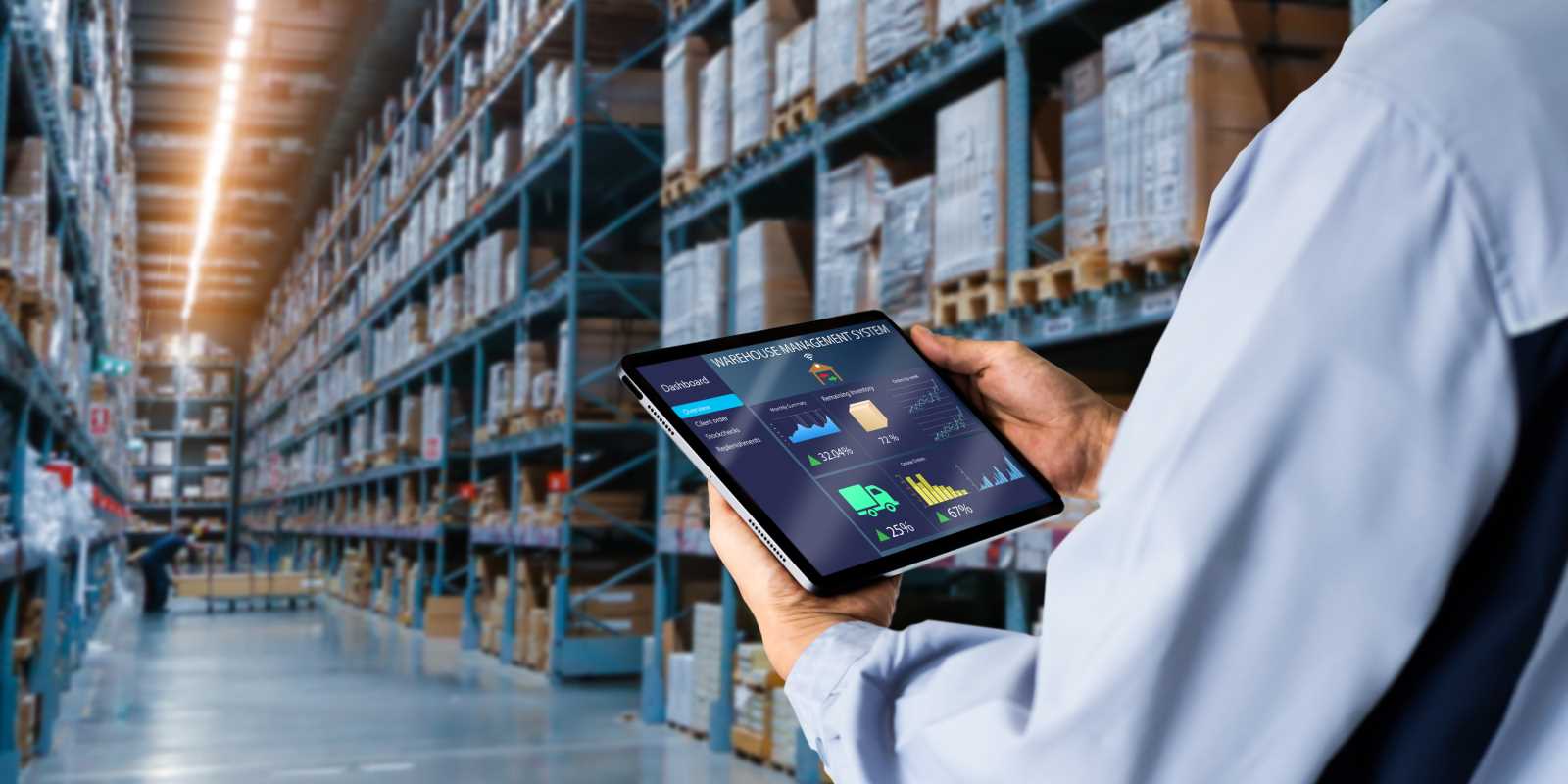Small online retailers have started to see the crucial role that sustainable packaging plays in today's marketplace. By adopting eco-friendly innovations, they not only contribute positively to the environment but also boost their brand's image and streamline operations. For professionals and entrepreneurs focused on growth, these packaging solutions offer more than just environmental benefits; they provide a distinct advantage in the highly competitive e-commerce sector. As the market evolves, those who integrate sustainable practices into their business models can expect to reap significant rewards, positioning themselves as forward-thinking leaders in their industry.
Eco-Innovation 1: Biodegradable Packaging
Biodegradable packaging breaks down naturally over time, reducing environmental impact and waste. Unlike traditional plastics, these materials decompose through natural processes, minimizing landfill accumulation and pollution.
- Environmental Benefits: Reduces long-term waste and decreases carbon footprint.
- Consumer Appeal: Attracts eco-conscious customers, enhancing brand loyalty.
- Regulatory Compliance: Helps meet increasing environmental regulations and standards.
Eco-Innovation 2: Recycled Materials
Using recycled materials in packaging provides a practical way to promote sustainability. By repurposing waste materials, retailers create eco-friendly packaging options that support the circular economy.
Common recycled materials include:
- Recycled Paper: Offers versatility and is widely accepted for various packaging needs.
- Recycled Plastics: Suitable for protective packaging and provides durability.
- Recycled Cardboard: Ideal for shipping boxes and structural packaging components.
Eco-Innovation 3: Compostable Packaging
Compostable packaging breaks down into non-toxic components when disposed of in composting facilities. This innovation supports the natural decomposition process, returning valuable nutrients to the soil.
Key aspects of compostable packaging include:
- Material Composition: Typically made from plant-based materials like corn starch or sugarcane.
- End-of-Life Benefits: Turns into compost rather than contributing to landfill waste.
- Certification: Look for certifications such as ASTM D6400 to ensure compliance and effectiveness.
Eco-Innovation 4: Minimalist Packaging Designs
Minimalist packaging focuses on reducing material usage without compromising functionality. This approach cuts costs and lessens environmental impact by minimizing waste.
- Simplified Structures: Streamlined designs use fewer materials and are easier to recycle.
- Efficient Sizing: Packaging sized appropriately for products reduces excess space and material use.
- Multi-Functional Elements: Incorporating features like handles or resealable closures eliminates the need for additional packaging components.
Eco-Innovation 5: Smart Packaging Solutions
Smart packaging integrates technology to enhance functionality and user experience. These solutions provide real-time information, improve product safety, and optimize supply chain management.
Examples of smart packaging include:
- QR Codes: Allow customers to access product information, tutorials, or promotional content.
- Temperature Indicators: Ensure products stay stored and shipped under optimal conditions.
- RFID Tags: Facilitate inventory tracking and streamline logistics processes.
Advanced Materials Integration
The integration of advanced materials like nanotechnology transforms sustainable packaging. Nanotechnology enhances material properties, making packaging stronger, lighter, and more environmentally friendly. For instance, nano-enhanced bioplastics offer improved durability while maintaining biodegradability.
Benefits of advanced materials integration include:
- Enhanced Performance: Provides better protection for products, reducing damage during transit.
- Resource Efficiency: Uses fewer materials without compromising quality.
- Innovative Features: Enables functionalities like self-healing surfaces or antimicrobial properties.
Eco-friendly packaging enhances sustainability and operational efficiency for small online retailers, attracting eco-conscious customers. Adopting these solutions fosters sustainable growth and offers a competitive edge in e-commerce.
 (Image via
(Image via





